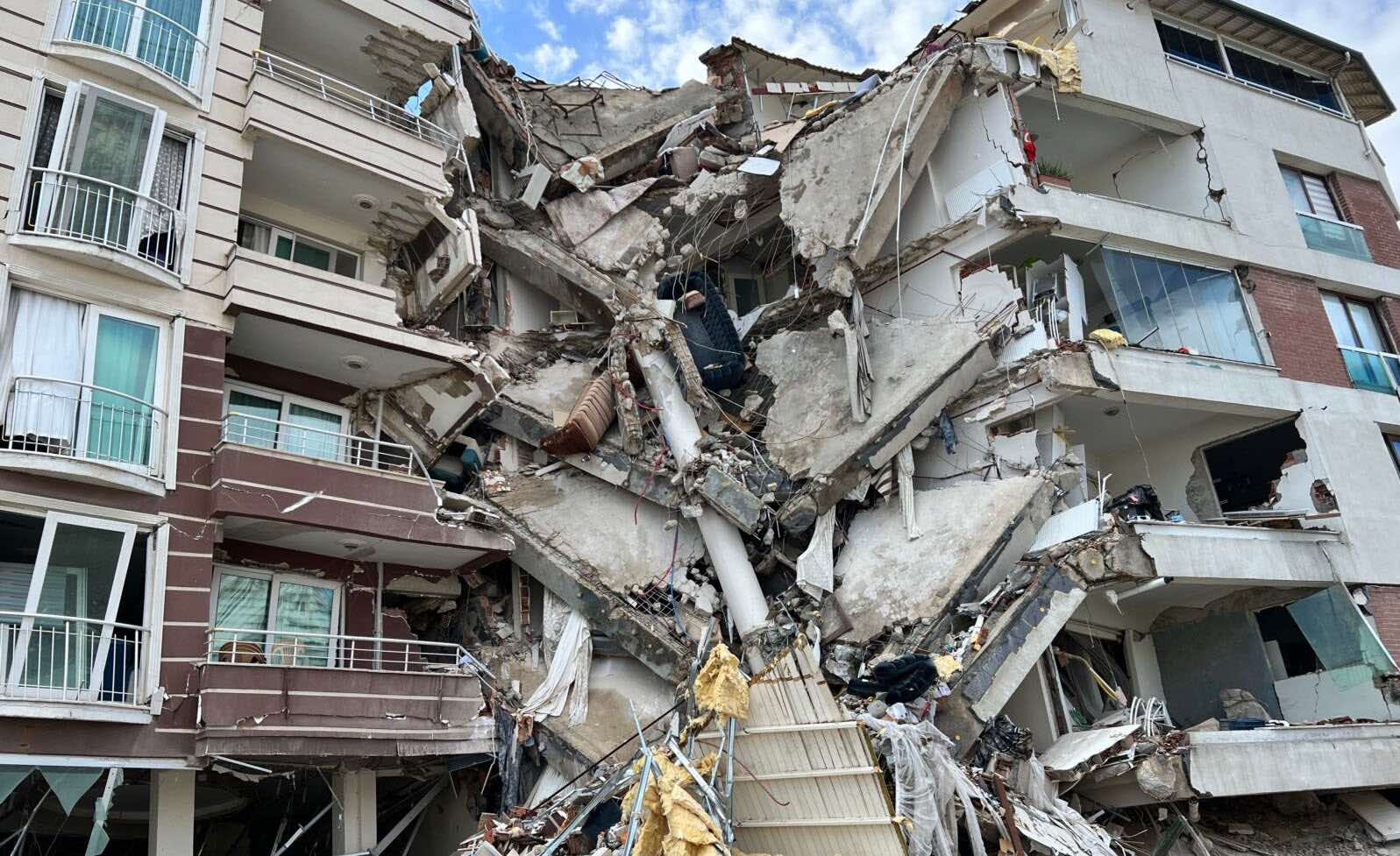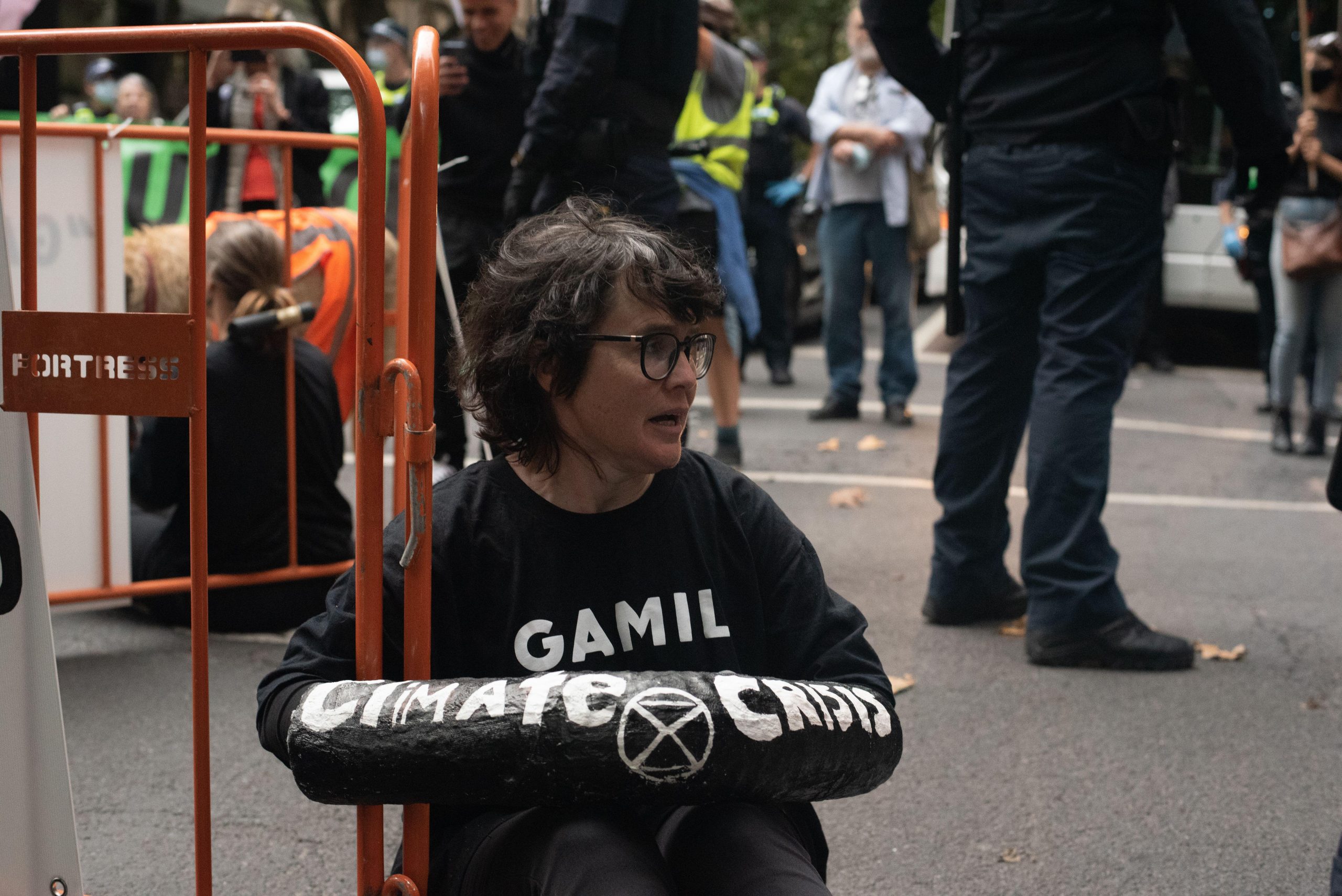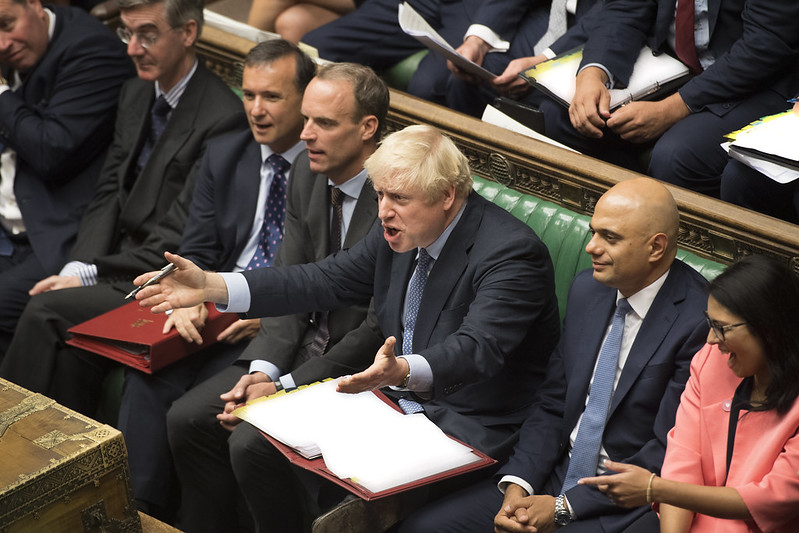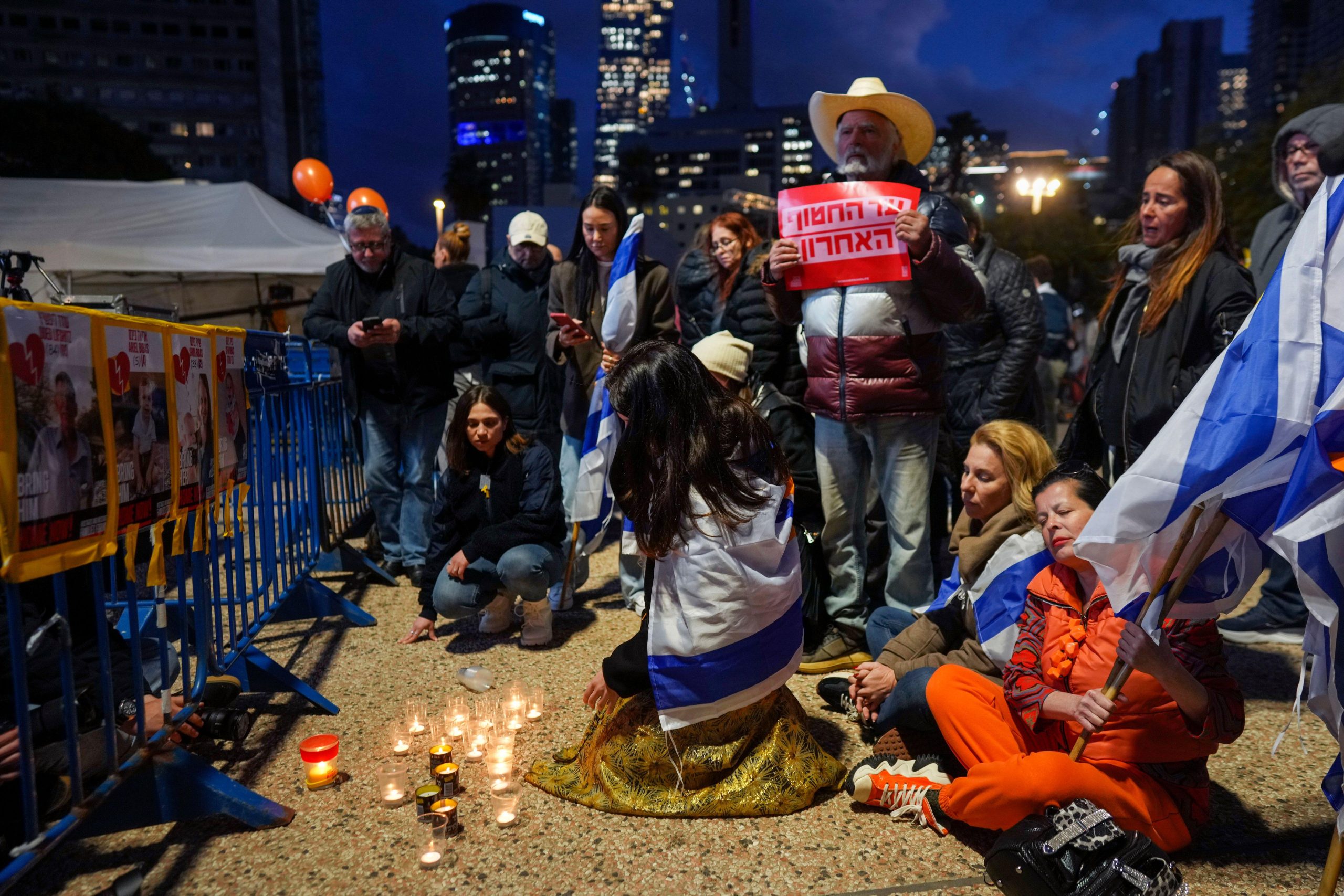Monday’s devastating earthquakes in Turkey have led to the loss of thousands of lives but one of the government’s responses to the disaster is troubling. At midday on Wednesday, Twitter was restricted in Turkey. The quake caused a number online connectivity issues, but this was not the reason that users couldn’t get onto Twitter. It was a direct response to political criticism.
This is according to Alp Toker, founder and director of NetBlocks, which tracks cybersecurity and digital governance.
“Up until Wednesday, we were tracking connectivity issues in real time, on the ground,” Toker told Index, describing regions in southern and central Turkey that have been laid waste by earthquakes. Knowing which regions are offline and have infrastructure impact, is useful for rescue operations, he explained.
“Suddenly, on Wednesday afternoon, we observed filtering of Twitter — which was unexpected — and we were able to verify that this was unrelated to the connectivity issues happening in the south, and that this was targeted censorship of Twitter.”
NetBlocks uses the same techniques that they developed to track internet shutdowns, validating and reporting in real time. It verified the information through its monitoring network, checking the connections, the ability to connect, and looking at the underlying reasons for the service not working. On closer inspection, they discovered that the filter had been applied at ISP (internet service provider) level using an advanced technique that’s been deployed before in Turkey, preventing users from accessing Twitter. This is the 20th such incident that NetBlocks has tracked in Turkey since 2015.
“These mass censorship incidents happen after political scandals, they happen after terrorist attacks, they happen in a variety of circumstances — also during military operations in the south — but it’s the first time that they’ve been applied in the aftermath of a natural disaster,” Toker said.
Turkey’s government has faced intense criticism following the earthquake. Some of those critics, including journalists and academics, have been detained and arrested.
“It was intentional mass censorship applied at a time when people are really using Twitter and relying on it to seek help, and to ask for equipment supplies, but also to get in touch with loved ones and see if friends and family are okay. The idea that such a vital tool would be withheld is shocking,” Toker said. “There are reports that people under the rubble use Twitter to connect with the outside world. So it’s literally a lifeline in that context.”
When phone lines are overloaded, he said, using Twitter to reach out for help makes sense.
“All of these use cases have been an absolute reminder that freedom of expression, the right to impart knowledge, is more vital than ever in a crisis and must not be curtailed.”
By midnight, 12 hours later, the restriction was lifted. It came following an outcry, and NetBlocks’s role in validating and reporting the restriction.
What very nearly happened, Toker said, was an internet freedom protest outside the IT Ministry’s office in response to the restriction. Twitter was back before the planned protest took place.
The restoration of Twitter might seem like a success story, but it came at a price. While people were fruitlessly refreshing their timelines, something else was happening.
“Turkish authorities had a meeting with the head of policy at Twitter,” Toker said. “They pressured Twitter into complying more thoroughly with their own takedown demands in future, and they spoke about what the Turkish State perceives as disinformation, but which many others perceive as legitimate free speech and criticism.”
Toker said that Elon Musk’s company is once again in the fray of the Turkish filtering and censorship regime. And as the disaster response continues in the wake of the earthquake, criticism will continue on and offline.
“The big question now is whether Turkey is going to increase its demands for censorship of individual posts from Twitter, and whether Twitter is going to comply with that,” he said. “If Twitter does comply, it’s going to be the first time the company has really engaged in that level of censorship since Elon Musk’s takeover.”
If Twitter complies with Turkey, he said, the door might also be cracked open for censorship demands from other countries.






